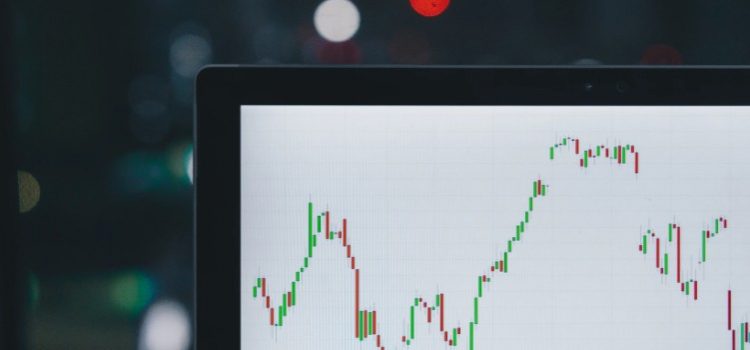Why is there poverty in the US? Do immigrants have less social mobility? Is family structure a factor? The US is a prosperous nation. But, poverty has a hold on a significant portion of the population. The stubborn persistence of poverty has given rise to several false explanations for its staying power, including immigration, non-traditional family structures, and a bad work ethic among the poor. Read more to see how social scientist Matthew Desmond tackles these three myths about poverty in the US.
Myths About Poverty: 3 Explanations for Poverty Put to the Test










